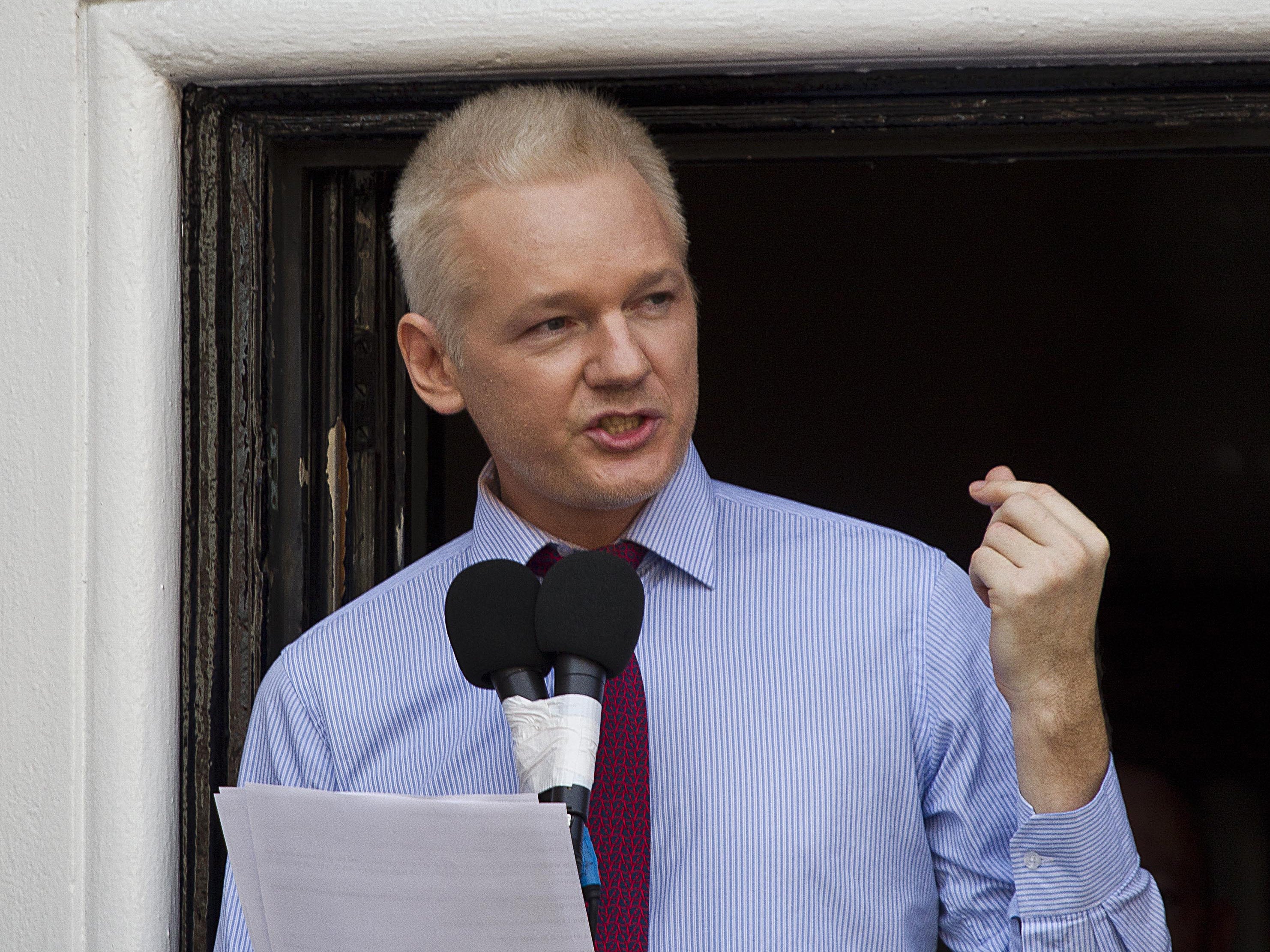Julian Assange embassy police patrol 'sucking' resources says Metropolitan Police chief
Sir Bernard Hogan-Howe says that monitoring the Wikileaks founder is a drain on vital resources

Your support helps us to tell the story
From reproductive rights to climate change to Big Tech, The Independent is on the ground when the story is developing. Whether it's investigating the financials of Elon Musk's pro-Trump PAC or producing our latest documentary, 'The A Word', which shines a light on the American women fighting for reproductive rights, we know how important it is to parse out the facts from the messaging.
At such a critical moment in US history, we need reporters on the ground. Your donation allows us to keep sending journalists to speak to both sides of the story.
The Independent is trusted by Americans across the entire political spectrum. And unlike many other quality news outlets, we choose not to lock Americans out of our reporting and analysis with paywalls. We believe quality journalism should be available to everyone, paid for by those who can afford it.
Your support makes all the difference.Julian Assange surveillance is "sucking" police resources, says Metropolitan Police Commissioner Sir Bernard Hogan-Howe.
Hogan-Howe said that the Wikileaks' founder's political asylum at the Ecuadorian Embassy in London was a "drain".
"We are reviewing the way forward there," he told LBC radio.
"There is no doubt it's a drain, we'll look to see what other opportunities we have, how we can do that in the future. It's sucking our resources."
It was revealed by the radio station last week that Assange's residency at the Knightsbridge embassy has cost £10 million so far. Police are required to constantly patrol the embassy to apprehend the journalist should he leave.
Assange has been staying in the embassy since June 2012. He is avoiding extradition to Sweden for questioning over allegations that he assaulted two women in Stockholm, which he strongly denies. He believes if he is extradited to Sweden that he will then be forced to go to the United States for publishing secret files revealing sensitive informational about national security.
He told reporters in August last year that his health had suffered from being in confinement.
Join our commenting forum
Join thought-provoking conversations, follow other Independent readers and see their replies
Comments